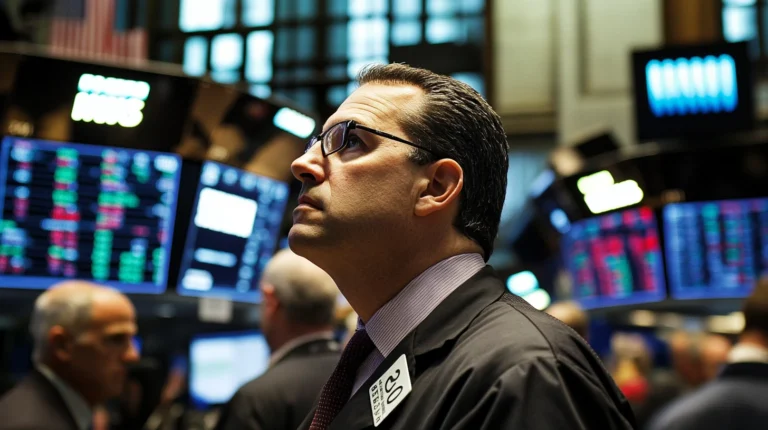Investors are starting to pull back slightly from their heavy exposure to U.S. dollar assets, shifting toward a more balanced approach rather than fleeing entirely, according to John Waldron, President of Goldman Sachs.
Speaking in an interview, Waldron explained that many investors who had been significantly overweight on the dollar holding much larger stakes than usual are now adjusting those positions to reflect a more neutral outlook. “It’s not a panic move,” Waldron clarified. “It’s just the excess being trimmed back.”
Earlier this year, market sentiment took a hit when the U.S. government, under President Trump, ramped up tariffs on several trading partners. This triggered concerns about economic uncertainty and pushed some investors to reconsider their U.S. holdings. But since then, progress on trade agreements has somewhat stabilized the situation.
Waldron noted that investors had been bullish on the U.S. for quite some time, with many betting that American markets would outperform global peers. But the shift in policy direction caused a shake up in currency positions. “Our clients have been actively adjusting their portfolios, especially since that early April announcement,” he said.
Importantly, Waldron emphasized that this shift doesn’t reflect a loss of confidence in the U.S. economy or political leadership. “We haven’t seen a broad retreat based on policy volatility,” he added.
Meanwhile, the recent easing in trade tensions between the U.S. and China has triggered a bounce-back in stock markets. Major indices like the S&P 500 and Nasdaq have regained much of their early April losses, giving some investors renewed optimism.
“There’s still strong interest in China,” Waldron said, pointing to a growing appetite for Chinese equities and bonds. Despite political headwinds, he believes U.S. businesses are still able to operate effectively in the region. “Let’s not overstate the friction. American companies are still doing business there.”
Tariffs, however, continue to influence corporate strategy. Companies are wrestling with how to handle increased costs whether by raising prices, negotiating with suppliers, or absorbing the expenses internally. “The cost impact is real,” Waldron explained. “And it’s going to be shared.”
The uncertainty has also put the brakes on some mergers and acquisitions. “If you’re early in the deal process, chances are you’re pausing,” Waldron said. “But if you’re near the finish line and the deal isn’t heavily affected by tariffs, it’s probably going ahead.”
Goldman Sachs has remained active on the advisory front, reportedly assisting Hong Kong based CK Hutchison in a major divestment of its port assets a deal worth nearly $23 billion with BlackRock as the buyer. The transaction includes port infrastructure along the Panama Canal.
According to Dealogic data, global M&A activity slumped in April, hitting its lowest point in over two decades a stark signal of how cautious markets have become amid ongoing geopolitical and economic uncertainty.

